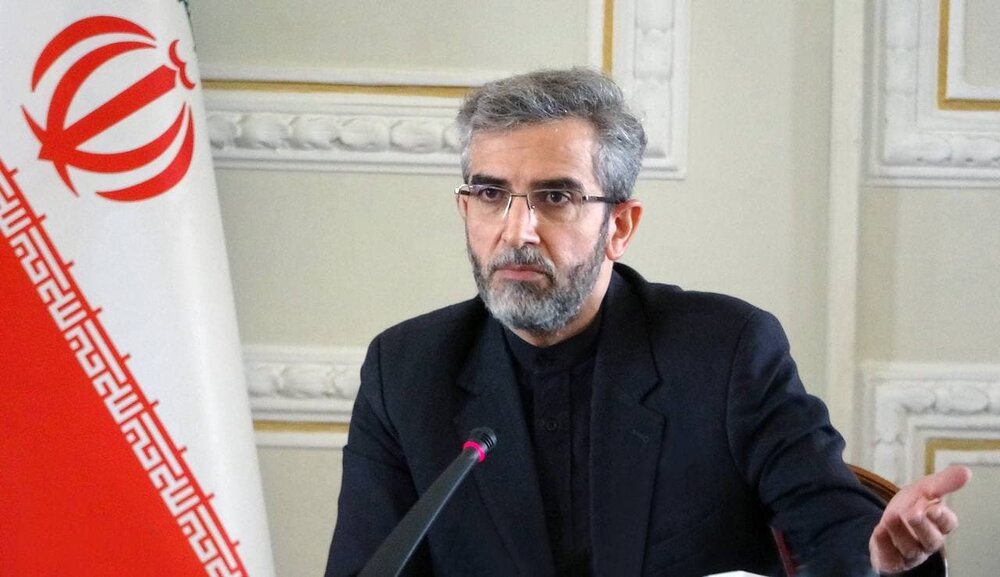Iran diplomat meets South Korean counterpart, says Seoul obliged to release assets

TEHRAN – Iran’s Deputy Foreign Minister, Ali Bagheri Kani, met with his South Korean counterpart in Vienna amid ongoing talks in the Austrian capital aimed at removing U.S. sanctions on Iran.
South Korea's Vice Minister of Foreign Affairs Choi Jong Kun, who was in the Austrian capital Vienna, held talks with Iran’s chief negotiator at noon on Thursday.
At the meeting, which was held at the request of the Korean side and at the office of the Islamic Republic of Iran's mission in Vienna, the Deputy Foreign Minister of South Korea referred to the importance of Seoul-Tehran relations and offered some explanations about Iranian blocked money in South Korea, adding that his country is trying to pay its debt to Iran, the Iranian Foreign Ministry said.
The Iranian deputy foreign minister stressed that regardless of the outcome of the talks in Vienna, the South Korean government is obliged to release the blocked Iranian money and that unilateral U.S. sanctions cannot justify non-payment of debts to Iran.
It was also clarified at the meeting that South Korea's illegal and unjustifiable refusal to repay its debts to Iran would be a dark point in the history of relations between the two countries and that Seoul must act as soon as possible to release Iran's resources.
It should be noted that the meeting was not directly related to the ongoing negotiations between Iran and the P4+1 group and was conducted within the framework of routine bilateral consultations between the two countries at the request of the Korean side.
Iranian Foreign Minister Hossein Amir Abdollahian said on Twitter that the Vienna talks are proceeding in the right direction. “Talks in Vienna are proceeding in the right direction. Iran’s initiatives brought the talks back on track in a constructive atmosphere,” he said, adding, “It is now up to the Western side to show good faith and commitment for a good deal.”
While recent rounds of talks focused on crafting a document setting out the principles for result-oriented negotiations, the current round is expected to get down to brass tacks.
There are two main issues on the table in Vienna: First, how U.S. sanctions on Iran should be lifted. In other words, how Iran can verify the lifting of U.S. sanctions. On this issue, it seems there is a sort of consensus that the U.S., as the first party to renege on its commitments under the 2015 Iran nuclear deal, should take the first meaningful step.
Second, the nuclear measures Iran needs to take if the nuclear deal is to be revived. Iran has constructively engaged on this issue over the course of talks. In addition, there are major points of contention within these issues. One issue is the advanced centrifuges Iran installed after the U.S. withdrew from the nuclear deal, officially known as the Joint Comprehensive Plan of Action (JCPOA), in May 2018. The Europeans have demanded the centrifuges be destroyed, something that Iran has rejected.
Leave a Comment